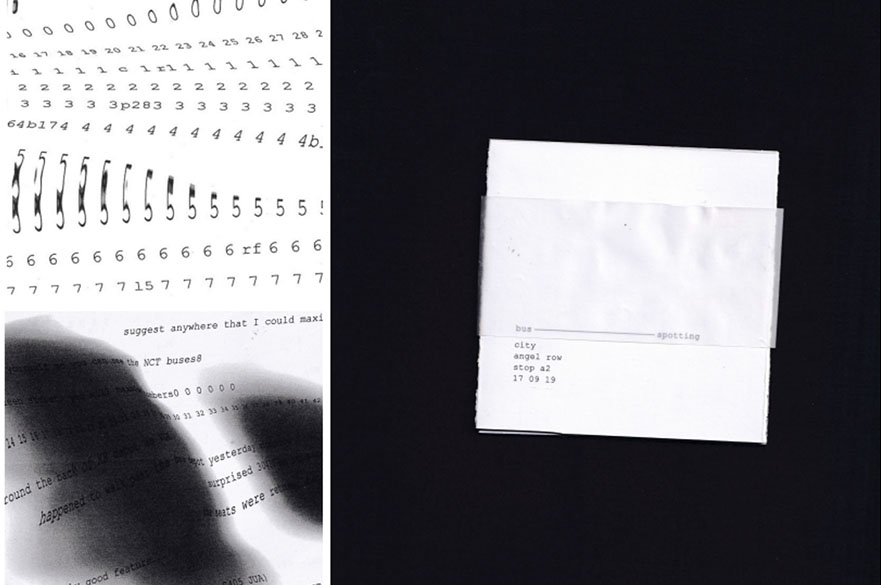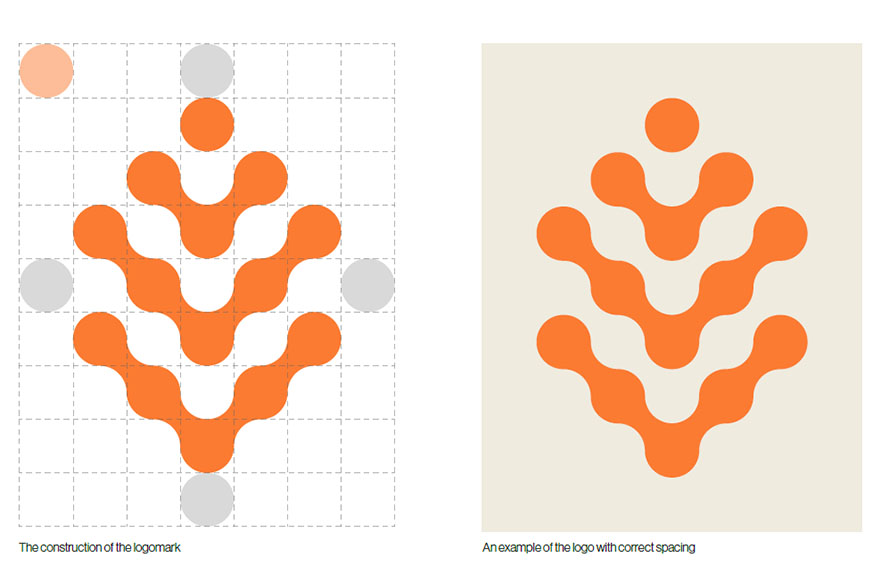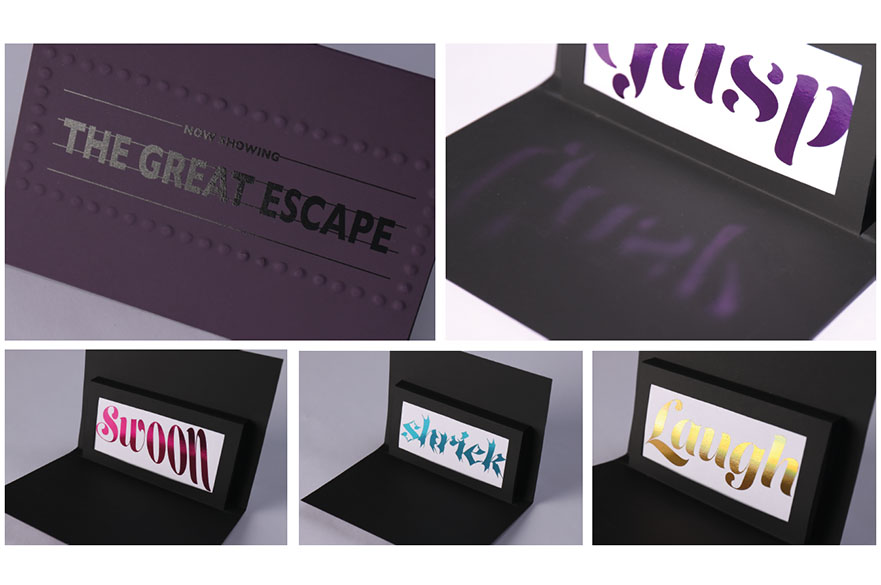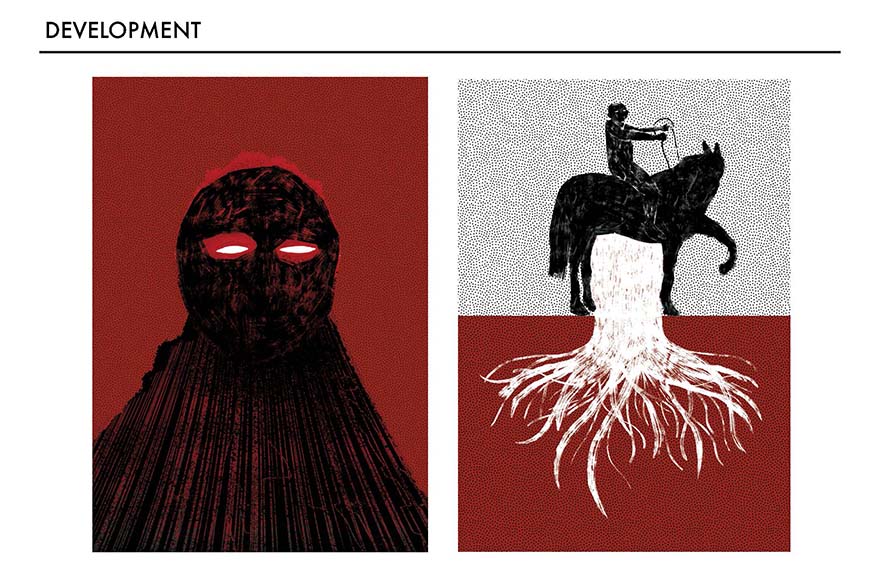Graphic Communication MA
About this course
The MA Graphic Communication course recognises exciting new directions in the ever-diversifying professional industry and offers you the chance to explore these through your own practice. Whether your personal interest is in typography, packaging, print, branding, digital, moving image, UX/UI or speculative design, on this course you will be able to personalise your learning journey through a modular course structure.
What you’ll study
Inter-disciplinary and collaborative opportunities, along with specialist theory and practice workshops delivered by experienced practitioners, will help you to critically reflect upon and locate your own practice before you engage with your own bespoke area of investigation and innovation. Complimentary to this is our unique Professional Futures: Graphic Communication module, which is designed to help focus and enhance your future career ambitions, whether those are commercial, experimental, or academic.
Culture and Collaboration
(20 credit points)
On this module you will develop an advanced level of understanding of the wider cultural context for current and future work. You will gain skills in research, analysis, idea generation, critical thinking, communication, and presentation. During the module, you will collaborate across the school on a negotiated theme relevant to current debates which relate to art & design theory and practice to produce a selected outcome contributing to a collective festival of ideas.
Locating your practice
(40 credit points)
On this module, you will develop your understanding of the synergy between research, theory and practice. You will explore, experiment, and interrogate expanding practices within graphic communication. You will then reflect upon and define your future creative practice while experimenting with new techniques and processes.
Masters Personal Practice
(100 credit points)
On this module, you will create a personalised professional portfolio aligned to your professional ambition and direction. You will expand your future practice through further exploration, experimentation and risk-taking and establish modes of practice to prepare you for your future career.
Optional Modules:
Professional Futures
(20 credit points)
This optional module is offered to all students on our Visual Communications courses. This module aims to provide you with the space to explore and share ideas, future gazing professional opportunities in visual communications. You will collaborate with students from all subject areas in visual communications and will form cross-disciplinary debate and discussion in relation to employment, enterprise, and innovation.
Advancing Research Design: Maximising Your Methods
(20 credit points)
The multi-disciplinary module provides an explorative platform for you to use as the basis for further research-based study or if you want to extend your knowledge of research methods and methodologies to enhance your future professional practice, or you are considering progression to PhD level study.
We regularly review and update our course content based on student and employer feedback, ensuring that all of our courses remain current and relevant. This may result in changes to module content or module availability in future years.
Don’t just take our word for it, hear from our students themselves
Student Work
Video Gallery
How you're taught
The course allows for different learning styles such as:
- lectures
- workshops
- presentations
- individual and group tutorials
- negotiated and collaborative learning
- self-directed research
- in person and online briefings
How you're assessed
Assessment is 100% by coursework and involves:
- negotiated written & visual output
- Structured individual written reflection
- set project research and development
- verbal and visual presentations
- portfolio
Careers and employability
Within the elective module 'Professional Futures' you will be encouraged to engage with industry research, networking, alumni/expert lectures and to reflect on work-related experiences and practices, whether past, current or future, in order to enhance employability skills. The collaborative and negotiated nature of the project work in this and other modules on the course not only enriches soft skills, but along with the possibility to undertake live briefs and placements, also helps prepare you for future employability. You’ll also have the opportunity to learn entrepreneurship skills through business development courses (such as The Hive’s programme) and attend industry events.
Recent examples of industry competitions and live projects have included:
- RSA competition briefs
- D&AD competition briefs
- Creative Conscience competitions - focused on ethically conscious design
- Nottingham UNESCO City of Literature cover design competition
- Collaborative projects/placement opportunities with Nottingham Contemporary Gallery.
You’ll benefit from guest lectures from visiting professionals who will cover a wide range of creative and professional practice. Recent guest speakers have included:
- Matt Willey (Pentagram)
- Chrissy Levett (Creative Conscience Awards)
- Simon Esterson and John Walters (Eye magazine)
- Jamie Ellul (Supple studio and Chartered Society of Designers).
Our graduates often pursue careers in digital and printed media for advertising, branding, marketing and promotion and a diverse range of publications. Recent graduate roles and destinations include:
- Graphic Designer (Twinkl educational publishing)
- Assistant designer (Joules fashion label)
- Environmental visual designer (Horizon Design).
Others have:
- Set up their own business, in UK and abroad
- Progressed onto further study at PhD level
- Found work in lecturing
- Returned to their previous occupations with a new focus.
This course will equip you with strong creative and problem-solving skills. Our graduates become valuable members of professional teams working in collaborative and cross-disciplinary ways on a range of visual communication projects.
Campus and facilities
Explore all of our facilities in the Nottingham School of Art & Design Facilities Hub.
Entry requirements
UK students
Academic entry requirements: 2.2 honours degree in a related subject.
Other requirements: a creative portfolio.
Additional requirements for UK students
There are no additional requirements for this course.
Other qualifications and experience
We welcome applications from students with non-standard qualifications and learning backgrounds and work experience. We consider credit transfer, vocational and professional qualifications, and any work or life experience you may have.
You can view our Recognition of Prior Learning and Credit Transfer Policy which outlines the process and options available, such as recognising experiential learning and credit transfer.
Getting in touch
If you need more help or information, get in touch through our enquiry form.
International students
Academic entry requirements: 2.2 honours degree in a related subject. We accept equivalent qualifications from all over the world. Please check your international entry requirements by country.
Other requirements: a creative portfolio.
English language requirements: See our English language requirements page for requirements for your subject and information on alternative tests and Pre-sessional English.
Additional requirements for international students
There are no additional requirements for this course.
English language requirements
View our English language requirements for all courses, including alternative English language tests and country qualifications accepted by the University.
If you need help achieving the language requirements, we offer a Pre-Sessional English for Academic Purposes course on our City campus which is an intensive preparation course for academic study at NTU.
Other qualifications and experience
We welcome applications from students with non-standard qualifications and learning backgrounds and work experience. We consider credit transfer, vocational and professional qualifications, and any work or life experience you may have.
You can view our Recognition of Prior Learning and Credit Transfer Policy which outlines the process and options available, such as recognising experiential learning and credit transfer.
Sign up for emails
Sign up to receive regular emails from the International Office. You'll hear about our news, scholarships and any upcoming events in your country with our expert regional teams.
Getting in touch
If you need advice about studying at NTU as an international student or how to apply, our international webpages are a great place to start. If you have any questions about your study options, your international qualifications, experience, grades or other results, please get in touch through our enquiry form. Our international teams are highly experienced in answering queries from students all over the world.
Policies
We strive to make our admissions procedures as fair and clear as possible. To find out more about how we make offers, visit our admissions policies page.













